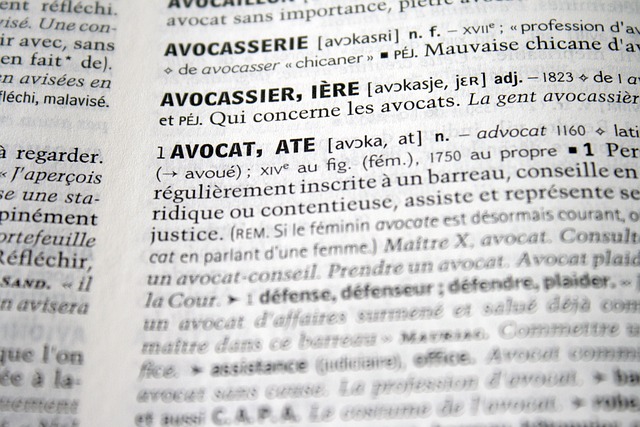Millennial DUI Awareness Campaigns have transformed how this generation views DUI, emphasizing responsible drinking and alternative sentences like community service and education programs. These campaigns aim to reduce recidivism by addressing underlying issues and promoting personal growth, contributing to safer communities beyond traditional punishment.
In the pursuit of safer roads, exploring alternative sentencing options for DUI (driving under the influence) is crucial. This article delves into the evolving trends and preferences among millennials, who comprise a significant portion of today’s driving population. We examine non-traditional approaches to sentencing, focusing on their potential to reduce recidivism rates through innovative programs. By understanding millennial attitudes towards DUI awareness campaigns, we can navigate more effective strategies for public safety without relying solely on conventional methods.
- Understanding Millennial DUI Trends and Preferences
- Exploring Non-Traditional Sentencing Approaches
- The Impact of Alternative Programs on Recidivism Rates
Understanding Millennial DUI Trends and Preferences

Millennials, born between 1981 and 1996, present unique challenges and preferences when it comes to DUI (driving under the influence) cases. This generation has grown up with extensive awareness campaigns that emphasize responsible drinking and alternative transportation options. As a result, many Millennials are more conscious of the legal consequences of DUI, often seeking alternative sentences that reflect their commitment to safety and personal growth.
Unlike previous generations, Millennials are less likely to view DUI as a minor infraction. They actively support initiatives promoting public safety and are open to innovative sentencing methods, such as community service, education programs, or participation in support groups. Millennial DUI Awareness Campaigns have effectively reached this demographic, fostering a culture of responsibility and accountability for their actions behind the wheel.
Exploring Non-Traditional Sentencing Approaches

In recent years, there’s been a growing movement to explore non-traditional sentencing approaches for DUI (driving under the influence) offenses, especially with the rise of Millennial DUI Awareness Campaigns. These campaigns have not only increased public awareness but also prompted a reevaluation of existing punishments. One such alternative is community service, which offers offenders a chance to give back to their communities while understanding the impact of their actions. This approach not only serves as a form of rehabilitation but also helps in building a sense of accountability.
Additionally, participation in educational programs or attendance at support groups is gaining traction as a viable option. These programs focus on addressing the underlying issues that lead to DUI, such as substance abuse and poor decision-making skills. By engaging in these initiatives, offenders can develop coping strategies and gain valuable insights into responsible behavior, potentially reducing recidivism rates. Such innovative sentencing methods aim to break free from conventional punishments, fostering a culture of accountability and personal growth among those convicted of DUI.
The Impact of Alternative Programs on Recidivism Rates

Alternative sentencing options for DUI (driving under the influence) cases have gained significant attention in recent years, particularly among millennial DUI awareness campaigns. These programs aim to reduce recidivism rates by offering diverse approaches that go beyond traditional punishment. By providing offenders with tailored support and resources, such as education, counseling, and community service, these alternatives seek to address the underlying causes of impulsive behavior and substance abuse.
Studies show that well-designed alternative programs can effectively lower DUI reoffending rates. Millennial campaigns have played a pivotal role in promoting these initiatives, fostering public awareness and advocating for more compassionate and restorative justice systems. Through peer support networks, mentoring, and increased access to treatment, these programs not only reduce the number of repeat offenders but also contribute to safer communities.
Alternative sentencing options for DUI (drunk driving) offenses are gaining traction, especially among Millennials who prefer innovative solutions over traditional jail sentences. By exploring non-traditional approaches like community service, educational programs, and sobriety monitoring, we can effectively reduce recidivism rates. Millennial DUI awareness campaigns that emphasize personal responsibility and offer diverse sentencing alternatives have the potential to transform our justice system, making it more effective and in line with modern values.






